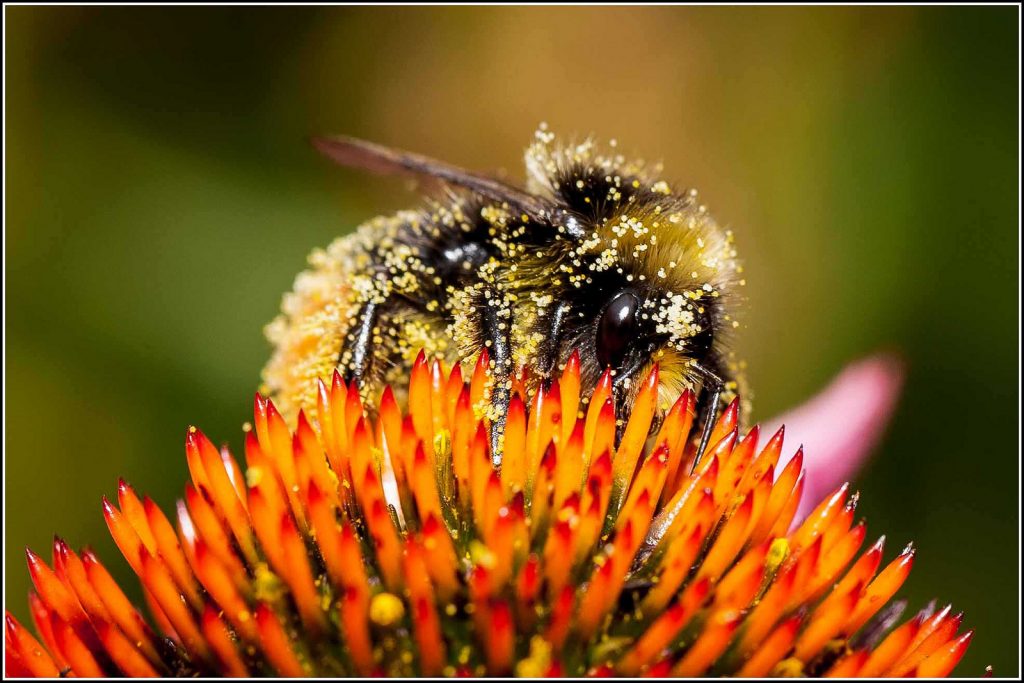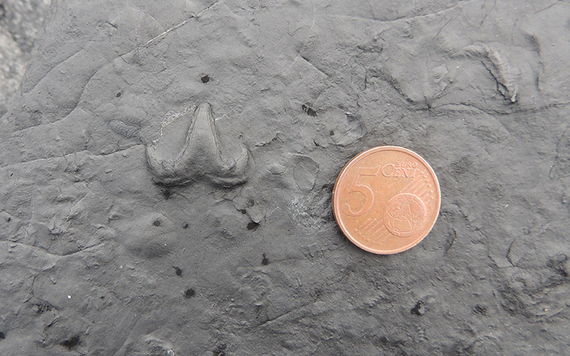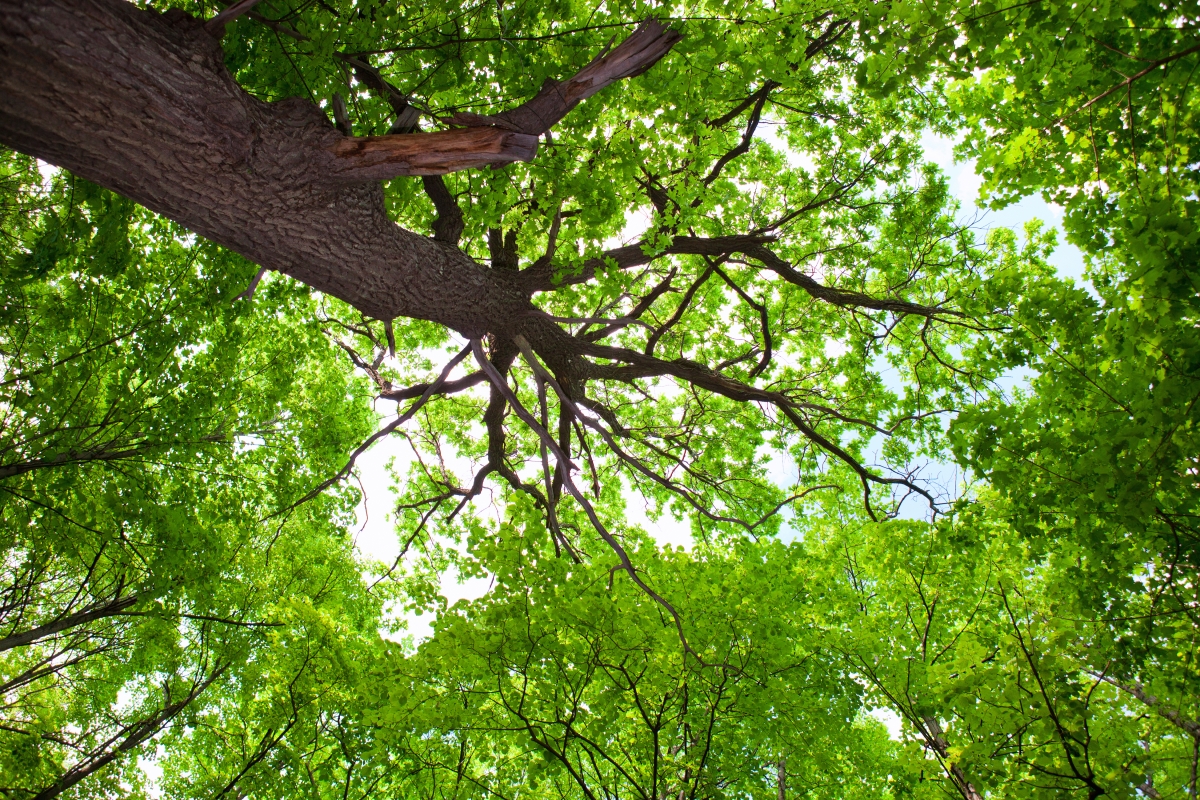President lauds vital role of pollinators in our daily lives

May 20th, 2019
Speaking yesterday on the eve of World Bee Day, Michael D Higgins asked the Irish people to think about the vital role that pollinators play in our everyday lives.
As the President rightly points out, the human race “depends on pollinators” for food production, with 75 per cent of global food crop types reliant on animal pollination – in particular wild bees.
A 2016 study in Nature Communications, for example, found that just two per cent of wild bee species are responsible for pollinating 80 per cent of the crops that we rely on today.
Yet at the same time, as President Higgins warned, we are placing our insect world in “acute danger” through our farming model, polluting practices and our central role in rising global temperatures.
The consequences could be devastating for our food production.
The Intergovernmental Science-Policy Platform on Biodiversity and Ecosystem Services (IPBES) estimates that between $235 and $577 billion worth of annual global crops is at risk from pollinator loss.
In its landmark global study of biodiversity decline released earlier this month, the IPBES reports that local declines of wild bees have been reported in many countries across the world.
And our pollinators are among them, with one-third of our 97 wild bees species – the backbone of our crop and plant existence – threatened with extinction.

What can we do?
While the situation appears gloomy, there are actions that we can take to provide an environment for our bees to survive and thrive, such as pushing the State to promote sustainable farming practices and proper hedgerow management.
Hedgerows cover over six per cent – 450,000 hectares – of our land and act as an important food source for pollinators. So, it is not surprising that the Joint Oireachtas Committee on Climate Action has called for the development of a national hedgerow conservation strategy.
The Committee is also calling for agri-policy to shift toward a more nature-friendly model, with farmers rewarded for protecting biodiversity. The desire is there within the farming community, as seen through the likes of the Farming with Nature initiative.
While we wait to see if the State will roll out support for such models on a national scale, there are already strategies in place such as the All-Ireland Pollinator Plan from the National Biodiversity Data Centre (NBDC).
Writing in The Green News last week, the director of the NBDC Dr Liam Lysaght said that the plan has “flipped biodiversity conservation” from something negative to something that can be achieved with positive approaches “involving communities, businesses and local authorities”.
Raising awareness among the general population is also key, Dr Lysaght said, and is making a real difference with a “notable shift among the general public to a greater appreciation of biodiversity”.
The Centre, he said, witnessed a 100 per cent increase in the number of people observing nature and submitting sightings this spring.
The President is of a similar mindset, with the likes of World Bee Day and National Biodiversity Week hoped to “increase and spread the knowledge” of those working to “conserve our environment in all its vital diversity”.
“I express the hope that World Bee Day and National Biodiversity Week will inspire countless others to join them and discover how they, too, can be part of the urgent change that we must achieve for our generation and generations to come,” he added.
National Biodiversity Week kicked off this weekend, with over 50 free events set to take place across the country from the 18th to the 26th of May to reconnect people with the natural world.
[x_author title=”About the Author”]







